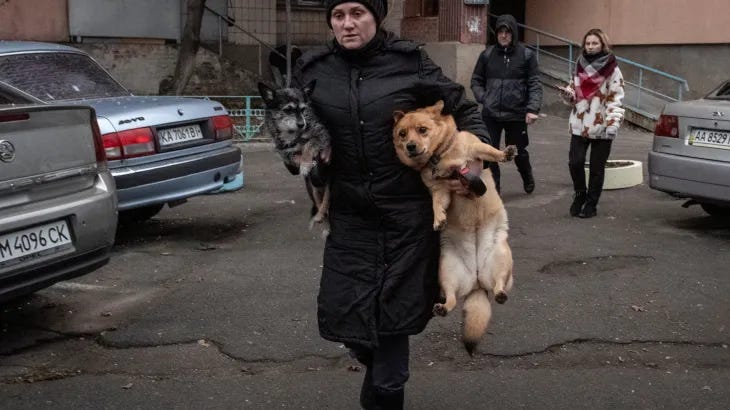Can President Trump End the Russia-Ukraine War in 100 Days?
Trump's administration has set an ambitious target, but the specifics of his approach and terms for Moscow remain unclear.
As President Donald Trump embarks on his new term in office, his administration has promised to take swift action, with one of the key priorities being the resolution of the ongoing Russia-Ukraine war. The president’s special envoy to Ukraine, retired U.S. General Keith Kellogg, recently suggested a bold goal: to end the conflict within 100 days, a target that would place the resolution of the war before early May.
While this deadline may seem optimistic, it is a step back from Trump's earlier claims. In May 2023, the former president had asserted that the war would be “absolutely over” within 24 hours of his inauguration. However, in a more recent appearance on January 7, Trump tempered his remarks, acknowledging the complexities of the situation and describing the negotiations as "a tough one."
Trump’s Red Lines and Approach to Peace
Trump’s aggressive stance has raised concerns in Ukraine. During his campaign, when asked if he wanted Ukraine to win the war, Trump responded, "I want the war to stop. I want to save lives." This response, while non-committal, suggested his priority was a cessation of hostilities rather than a definitive victory for Ukraine. On the other hand, Russia has expressed a more welcoming attitude to Trump's quick resolution.
Following Trump’s remarks, Russian President Vladimir Putin’s aide, Nikolai Patrushev, indicated that any peace settlement should be negotiated solely between the U.S. and Russia, excluding Ukraine and the European Union from the process.
This position highlights the stark differences between Kyiv and Moscow's terms for a ceasefire. Ukraine demands a full withdrawal of Russian troops and NATO membership, while Moscow insists that it will not relinquish any occupied territories and seeks a commitment to prevent Ukraine from joining NATO.
Trump has yet to specify the terms of his proposed peace deal, though he has hinted at potential concessions to Russia, including the idea of sidelining Ukraine’s self-determination for broader geopolitical considerations. Trump remarked that Russia’s concerns about Ukraine’s proximity to its borders were understandable, and suggested that an agreement could have been reached before the war began, perhaps with Ukraine remaining outside of NATO—something that President Joe Biden’s administration found unacceptable.
Kellogg, however, defended Trump's approach, stating that the goal was not to appease Putin but rather to protect Ukraine’s sovereignty while bringing an end to the war.
Current State of the War
Since Ukraine's successful counteroffensive in September 2022, the war has largely reached a stalemate. Despite some territorial gains, Russia’s advances have been slow, with experts estimating that Moscow has suffered significant casualties. In recent weeks, Russia has claimed to have seized additional Ukrainian villages, such as Novoiehorivka in Luhansk and Shevchenko in Donetsk, and continues to make small advances in the Kursk region.
The war has become a grinding conflict with little change on the battlefield. As experts suggest, the outcome may hinge on control of the skies and the financial sustainability of the war. Ukraine has continued to demonstrate resilience, inflicting significant losses on Russia while ramping up its domestic defense industry, including plans to produce record quantities of weapons and create a $30 billion defense sector. Ukraine’s recent strikes on Russian infrastructure, including oil refineries and weapons depots, further highlight its strategy of economic disruption.
Meanwhile, Russia faces economic strain due to its escalating defense spending and high inflation. Experts, including Harvard economist Craig Kennedy, warn that prolonged delays in negotiating a ceasefire could lead to financial instability in Russia, weakening its position in any peace talks.
Trump's Diplomatic Strategy
Trump has emphasized his intention to directly engage with President Putin to broker peace, suggesting that he could arrange a meeting with the Russian leader in the near future. Kremlin spokesman Dmitry Peskov confirmed Putin's openness to such talks, with reports indicating that the call between the two leaders could take place within days.
While Trump’s promises to end the war quickly are certainly bold, the specifics of his approach and the terms he is willing to offer remain unclear. Whether or not he can secure peace within 100 days will depend not only on his diplomatic efforts but also on the willingness of both Russia and Ukraine to compromise, something that has so far proven elusive.
As the war continues, the world watches closely to see if President Trump’s ambitious plan will materialize or if the conflict will drag on, testing the limits of diplomacy and resolve.


